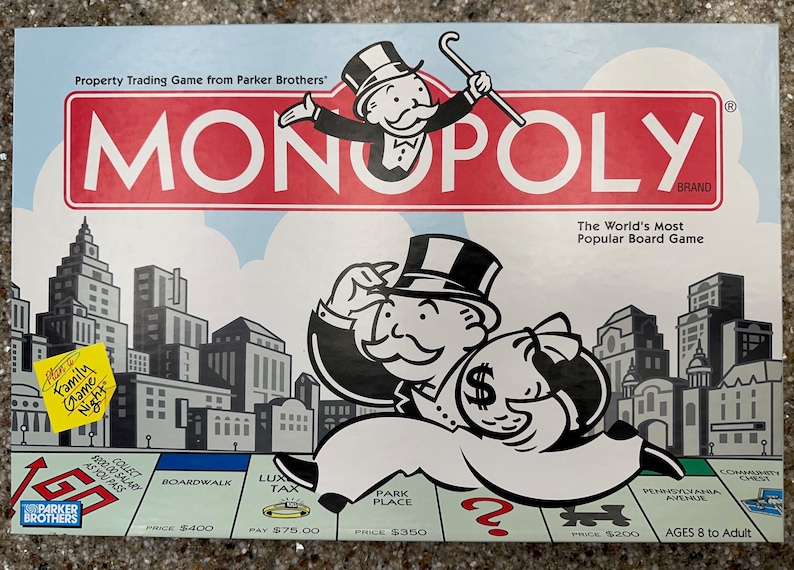It's easy to envisage other universes, governed by slightly different laws of physics, in which no intelligent life, nor indeed any kind of organized complex systems, could arise. Should we therefore be surprised that a universe exists in which we were able to emerge?
https://www.sciencealert.com/were-e...-or-there-really-are-many-universes-out-there
If we consider a deterministic Universe governed by immutable physical laws, such as Sabine is talking about, there should be no other options to an alternate universe. An unchanged condition, exactly the same energy distributed in exactly the same way, will result in only one outcome for a newly created universe. Actually, if there was a way to prove that there are divergent alternate realities, that would be a very strong argument for Free Will.
If we next consider other possible universes that could not support our existence, the question of another universe that couldn't support life and intelligence would never have this question asked of them. Only a universe, such as ours would ever undergo such questions and scrutiny. By this perspective, our existence is predetermined, simply by the same concept as in the Two Slit experiment. Our universe is the only slit we can measure, therefore it will always be the universe that supports intelligence. It can not be any other way.
When there is nothing, no time, it is exactly the same as having infinite time, just as everything being absent, zero, is exactly the same as everything being only one thing. A cosmos that is empty, timeless, with no energy, isn't measurably or phenomenally different that a cosmos that is filled completely with only one thing, all time, and infinite energy. Nothing should conceivably happen to change its form. Yet, here we are. Organization out of formlessness.
-Will

